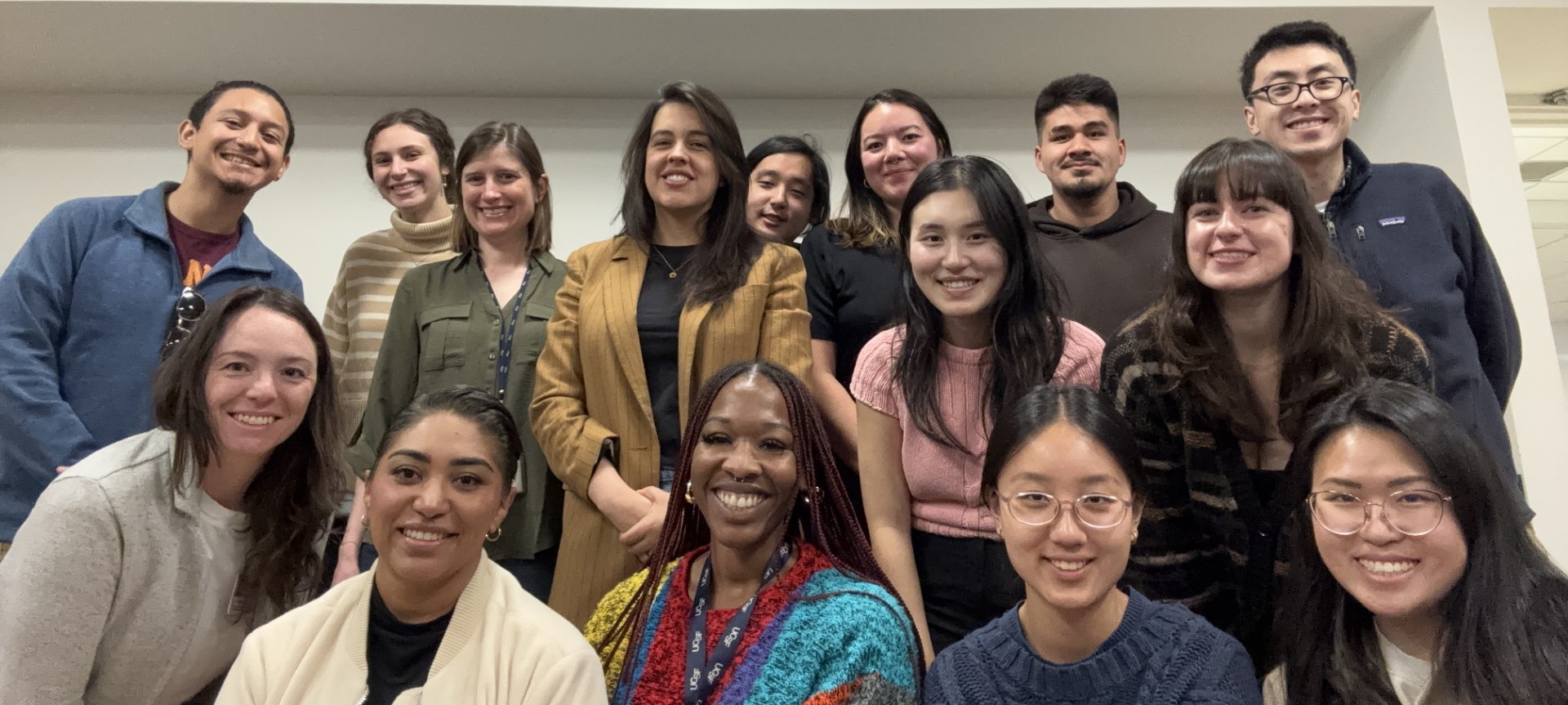About Us

Although much emphasis has been placed on identifying risk genes in various endocrinopathies and metabolic disorders, translating these findings to biological targets for treatment is still a challenge. Research into the factors, mechanisms, and genetic risk for disorders such as thyroid cancer, obesity, diabetes, and skeletal diseases, among others, requires repositories of human biological specimens annotated with clinical information including disease duration, outcomes therapy, and demographics. Further research will help us understand predictive biomarkers and potentiate design of sequential, combination, or personalized treatment regimens for patients with various endocrine disorders. A properly administered and annotated tissue bank and an associated patient registry will facilitate the acquisition and appropriate distribution of tissue and blood samples to investigators.
Our clinical and translational research center and comprehensive endocrine biobanking system was inspired by the success of various principal investigator’s cohort within our division.
- Zoe Quandt, MD is an endocrinologist at UCSF and the San Francisco VA with particular interest in endocrine autoimmune disease like type 1 diabetes and endocrine complications of cancer treatments, particularly immunotherapy. She does clinical and translational research trying to better understand who gets these complications and why. She is the clinical lead for adults eligible for teplizumab, an immunotherapy approved to delay the onset of type 1 diabetes.
- Diana Alba, MD is an Assistant Professor of Medicine in the Division of Endocrinology at the University of California, San Francisco. As a physician-scientist, her research program is focused on identifying the transcriptional pathways that regulate adipose tissue function during normal development and obesity. Her work investigates how adipose tissue dysfunction, particularly through fibrotic remodeling, drives insulin resistance and metabolic dysfunction. By targeting these pathways, her lab aims to uncover novel therapeutic strategies to prevent or treat metabolic diseases through a deeper understanding of adipose tissue biology.
- Kelly Wentworth, MD focuses on understanding the role of Gs-protein coupled receptor signaling in skeletal development, with a focused interest in craniofacial fibrous dysplasia of the bone (FD) and McCune-Albright syndrome (MAS).
- Mark Anderson, MD, PhD is Robert Friend and Michelle M. Friend Endowed Chair in Diabetes Research, Director of the Diabetes Center, and a leading expert in the understanding of autoimmune diseases and their underpinnings. His major scientific contributions involve unraveling the mechanisms by which a key transcription factor called Aire promotes immune tolerance. He continues to make significant contributions in this area of research and even has developed translational approaches to his findings that involve manipulating this key tolerance mechanism.
- Edward Hsiao, MD, PhD is an endocrinologist who specializes in metabolic bone diseases, such as severe osteoporosis and osteogenesis imperfecta, and other bone disorders. He also cares for patients with calcium, phosphorous, vitamin D, and parathyroid hormone disorders. He has particular interests in fibrodysplasia ossificans progressiva (a condition in which bone gradually replaces muscle and other connective tissues) and fibrous dysplasia/McCune-Albright syndrome (a disorder that causes fibrous tissue to develop in bones).
- Suneil Koliwad, MD, PhD is an Expert in Diabetes, Obesity, and Metabolism, serving as Chief of the Division of Endocrinology and Metabolism at UCSF Health. His lab, based in the UCSF Diabetes Center, focuses on the intersection of nutrition, inflammation, and metabolic tissue function in the context of normal physiology, and diseases such as obesity, diabetes, fatty liver disease, and in the course of aging. His group strives to link basic mechanisms of metabolic regulation to causality in important clinical contexts, and has developed a highly innovative and deeply curated multiethnic obesity cohort at UCSF to assist in achieving this goal.
